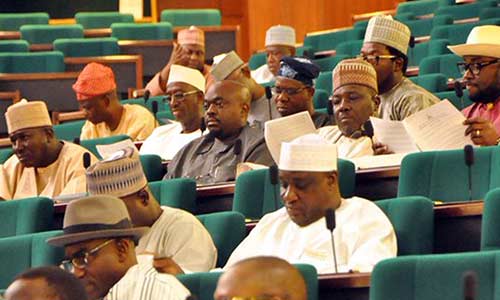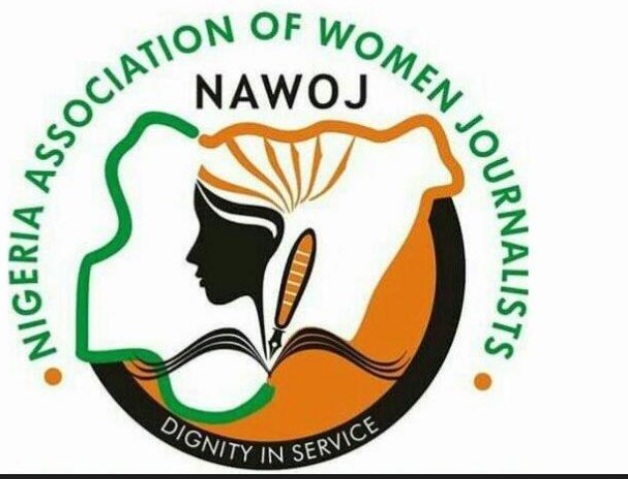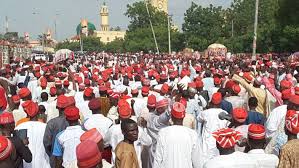Bills for Death Penalty Review, LG Reform, Others Pass Second Reading

By Tom Okpe
The House of Representatives has passed through second reading, six constitutional amendments Bills, seeking its review of framework.
The proposed legislations sponsored by the Deputy Speaker, Rep Benjamin Okezie Kalu and some other lawmakers were presented for second reading by the House leader, Rep Julius Ihonvbere at plenary on Thursday.
These are, “Bill for an Act to Alter the Constitution of the Federal Republic of Nigeria, 1999 to Review the Framework for Local Government Administration, Establish a Robust Legal Regime to Strengthen Administrative Efficiency, Promote Transparency, Accountability, and Deepen Democratic Practices at the Local Government Level and for Related Matters, HB. 2121; Bill for an Act to Alter the Constitution of the Federal Republic of Nigeria, 1999, as amended, to Provide for the Inclusion of Tourism and Tourism Related Matters on the Concurrent Legislative List and for Related Matters, HB. 2060, Bill for an Act to Alter the Constitution of the Federal Republic of Nigeria, 1999, as amended, to Provide for the Establishment of the Office of the Accountant-General of the Federation and the Office of the Accountant-General of the Federal Government.
Other are, “Bill for an Act to Alter the Constitution of the Federal Republic of Nigeria, 1999, as amended, to Guarantee Indigene Status to Persons by Reason of Birth or Continued Residence for a Period of Not Less than Ten Years or by Reason of Marriage and for Related Matters, HB. 2057; Bill for an Act to Alter the Constitution of the Federal Republic of Nigeria, 1999 to include Citizenship by Investment as one of the classes of Citizenship in Nigeria, provide for the Acquisition of Nigerian Citizenship by Qualified Foreign Investors who meet Specified Investment Thresholds and for Related Matters, HB. 2059, and Bill for an Act to Alter the Constitution of the Federal Republic of Nigeria, 1999 to Review the Penalties for Certain Capital Offences in Alignment with Relevant International Best Practices and for Related Matters, HB. 2120.”
According to the explanatory memorandum of the Citizenship by Investment Bill, it seeks to alter the Constitution of the Federal Republic of Nigeria, Cap C23 Laws of the Federation of Nigeria 2004 to introduce a new class of citizenship, known as Citizenship by Investment.
The proposed alteration aims to attract foreign direct investment by granting Nigerian citizenship to individuals who invest in the Nigerian economy above specified financial threshold or in strategic sectors, critical to National development.
For death penalty law review, the Bill seeks to alter the Constitution of the Federal Republic of Nigeria, to review the penalties for certain capital offences in alignment with relevant international best practices.
The proposed alteration aims to ensure that Nigeria’s criminal justice system reflects global standards of fairness, proportionality, and respect for human rights, while maintaining public safety and addressing serious crimes, effectively.
The Bill promotes a balanced approach to justice by incorporating alternative sentencing options that emphasizes rehabilitation and accountability.
For Office of the Accountant-General of the Federation, the Bill seeks to alter the Constitution of the Federal Republic of Nigeria, 1999, as altered, to establish Office of the Accountant-General of the Federation as well as Office of the Accountant-General of the Federal Government.
The Bill among others, proposes that the Accountant-General of the Federal Government shall hold office for a term of four years which may be renewed for a further term of four years by Mr President.
Also, the Accountant-General of the Federal Government shall remain in office until he attains the age of sixty years or thirty-five years of public service, whichever is earlier.
For the Indigene Status Bill, it seeks to alter the Constitution of the Federal Republic of Nigeria, 1999, as altered, to guarantee indigene status to persons by reason of birth or continuous residence for a period not less than ten years, or by reason of marriage.
“A person under subsection (2) of this section is entitled to apply to the Local Government Chairman for a certificate of indigenes of a State. (4) A woman who is married to an indigene of a State different from her State of origin for at least five years becomes an indigene of that State and is entitled to all rights and privileges of an indigene of that State in cases of employment, appointment or election into any political or public office.
“Also, (5) In the case of divorce or death of a spouse, a woman remains an indigene, if (a), there were children born of the marriage or not; or (b) she elects to remain an indigene of that State.”
For the LG reform Bills, it seeks to alter the Constitution of the Federal Republic of Nigeria, Cap C23 Laws of the Federation of Nigeria 2004, to provide for a comprehensive review of the legal and administrative framework, governing Local Government Councils.
“The primary aim is to establish a robust legal regime that will enhance the administrative capacity of Local Governments,’ promote efficient service delivery, transparency, and accountability, and further, deepen democratic culture at the grassroots level.”
When put to a voice vote by the Deputy Speaker, Kalu who presided over the session, it was supported by lawmakers, and thereby, passed.










